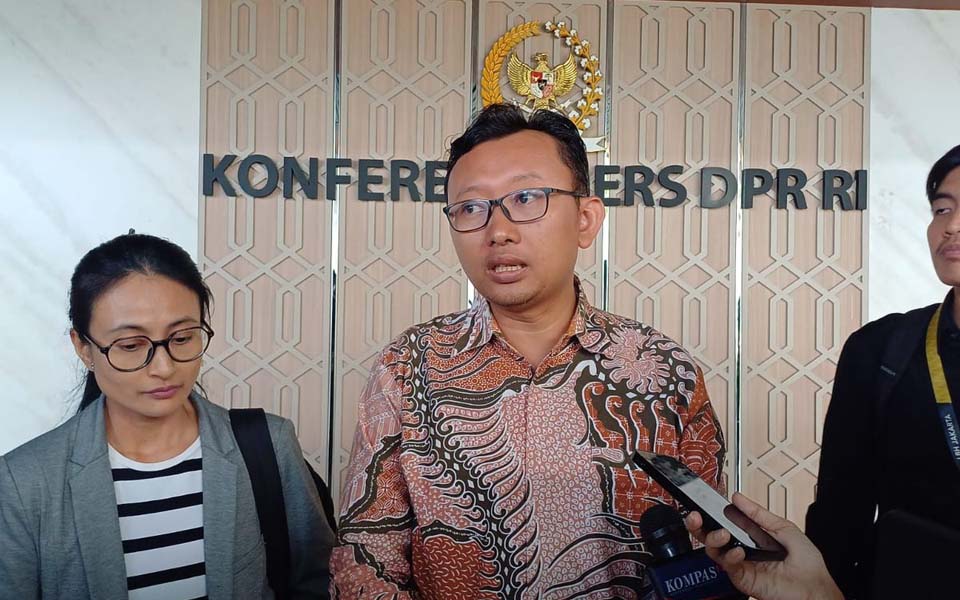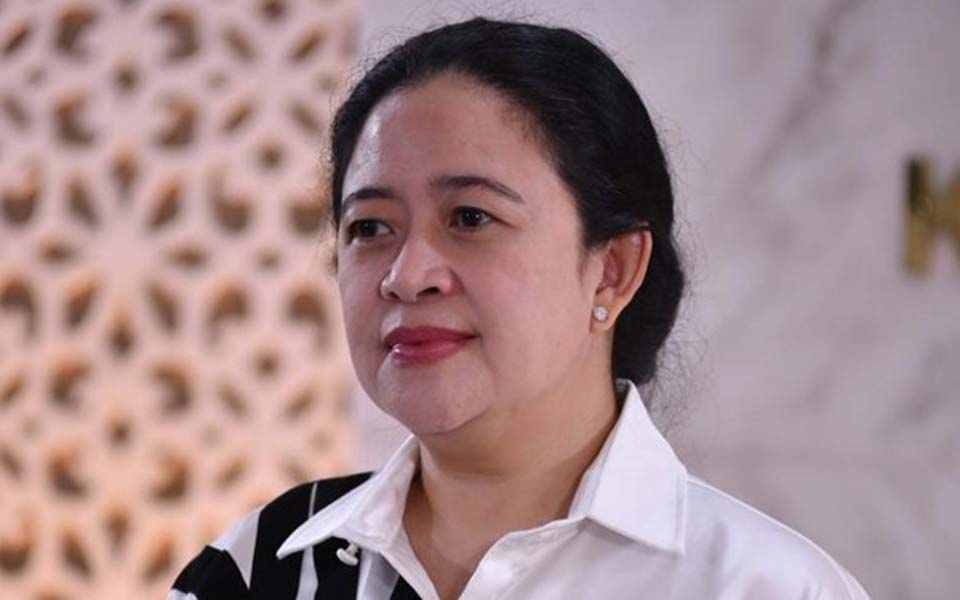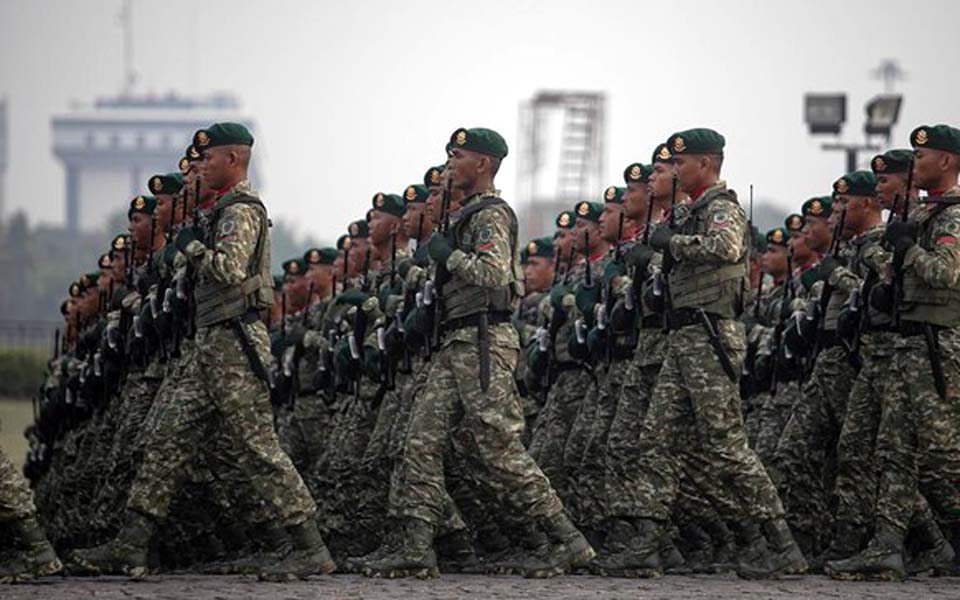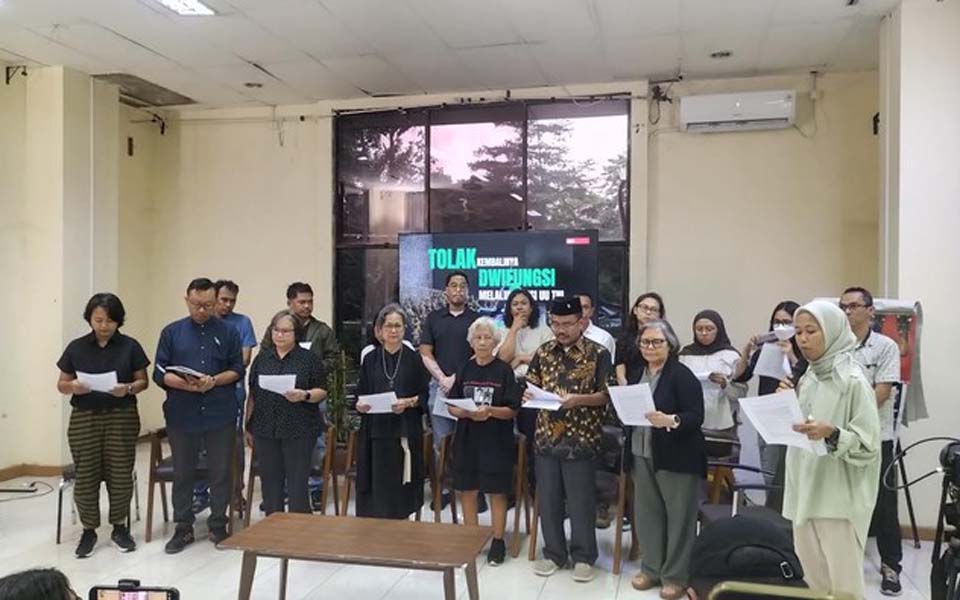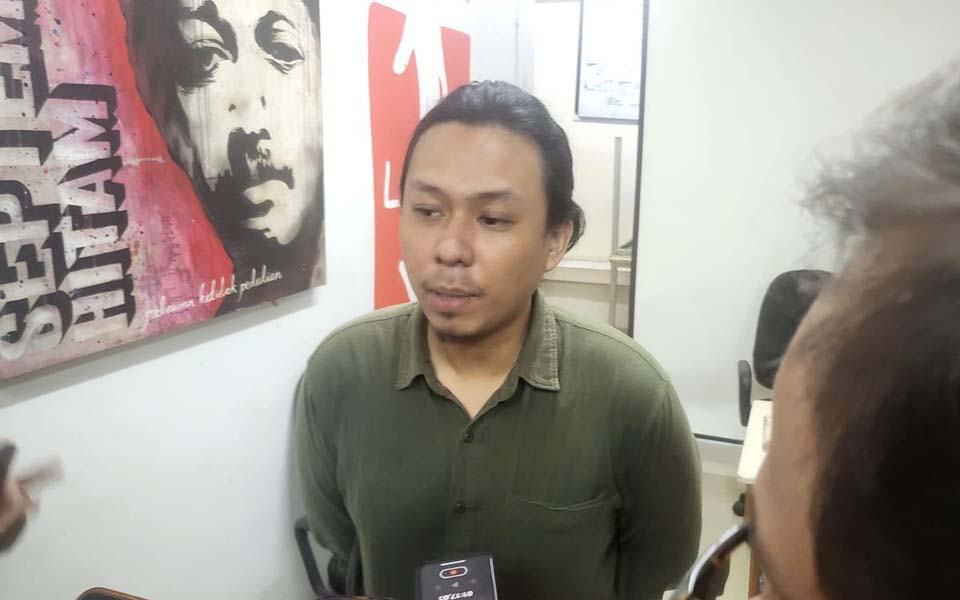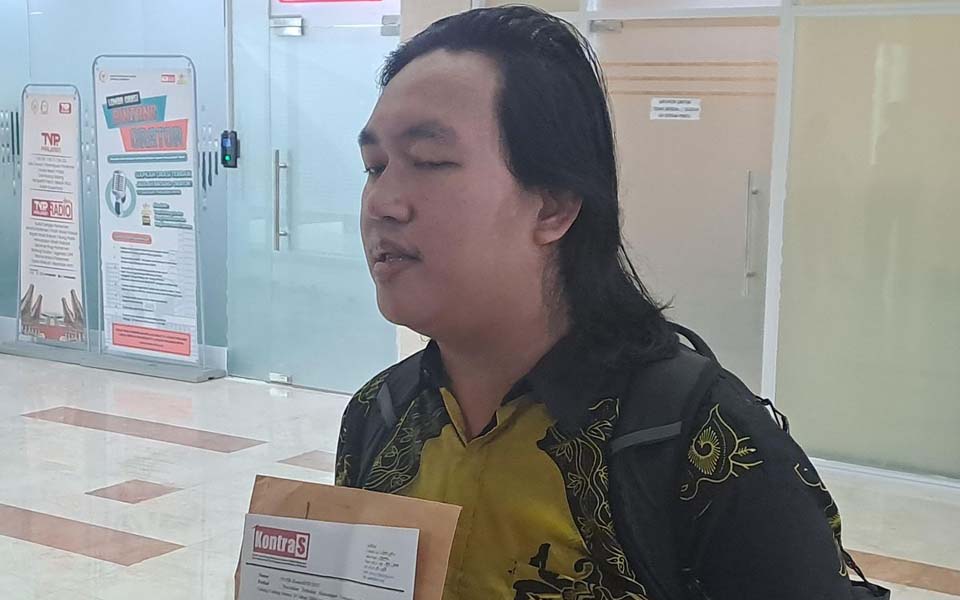M Zaid Wahyudi – The growing number of ordinary people’s votes that are needlessly lost is a direct consequence of the application of an increasingly higher parliamentary threshold. Millions of votes given and managed with great effort by election organisers have to be discarded for the sake of the big parties desire to maintain their power in the name of simplifying the political parties.
A proposal to increase the parliamentary threshold (ambang batas parlemen) from 2.5 percent during the 2009 elections to 5 percent for the 2014 elections has been put forward by the large political parties and agreed to by the medium-size parties in a draft revision of Law Number 10/2008 on the Election of Members of the House of Representatives (DPR), Regional Representatives Council (DPD) and Regional House of Representatives (DPRD). The stipulation on the parliamentary threshold will apply to the DPR but not affect provincial, regency and municipal DPRDs.
The big political parties as the supporters of the parliamentary threshold increase hold that the increase can be used as a means to simplify the parties. “Increasing the threshold is not to block new parties, but rather to simplify the political parties,” said Chairuman Harahap, the chairperson of the DPR’s Commission II on Domestic Affairs from the Golkar Party parliamentary faction for the North Sumatra II electoral district.
Stealing the people’s vote
The parliamentary threshold is a limit on the minimum number of votes that need to be obtained by a party in order to place their representatives in parliament. In the 2009 elections, the threshold was set at 2.5 percent, which was taken from a party’s share of the valid vote nationally.
If the party’s vote share is below this limit, the votes by voters that support the party will be pronounced forfeited. Legislative candidates (caleg) from the party meanwhile, despite receiving a high vote, exceeding the vote division number (BPP, calculated by dividing the number of voters by the number of seats available) and receiving more votes than legislative candidates from parties that passed the parliamentary threshold, will still not get into the DPR because their party’s vote failed to fulfill the requirements.
Of course those parties that obtained less than 5 percent of the vote in the last election, whether they have seats in the parliament or not reject the proposed increase. The general chairperson of the Ulema National Awakening Party (PKNU), Choirul Anam believes that increasing the parliamentary threshold goes against the hopes of those, including the political parties, that want to reduce the rate of golput (white vote) or voters who intentionally do not use their right to vote. [So people feel] that after they have voted, their vote simply discarded and wasted. “Don’t keep stealing the people’s vote,” he said.
In the 2009 elections, the number of voters in the legislative elections was declared by the General Election Commission (KPU) in November 2008 to be 171.27 million. Out of this total, as many as 104.1 million votes for the 38 national parties contesting the election were declared valid and included in the process of calculating the distribution of seats in the DPR.
Because of the stipulation on the 2.5 percent parliamentary threshold however, the parties that obtain a vote share below this limit were automatically disregarded and not included in the calculation of the seats. The result was that only nine political parties obtained seats in the DPR.
The total number votes for these nine parties was 85.05 million or only represented 49.66 percent of all the voters registered in the election. Meanwhile the number of votes garnered by the other 29 parties that failed to pass the parliamentary threshold and were discarded was 19.05 million.
Principle of proportionality
Using the vote share in the 2009 elections as a reference, an increase in the parliamentary threshold to 5 percent would result in the disqualification of the National Awakening Party (PKB), the Greater Indonesia Movement Party (Gerindra) and the People’s Conscience Party (Hanura). The number of votes that would be forfeited would swell to as much as 32.8 million.
After the allotment of seats is calculated, the difference between the vote share percentage and the share of seats would become even more unbalanced. This situation would result in the principal of proportionality in accordance with the chosen electoral system being further undermined.
The electoral system practiced by Indonesia following the process of reformasi or political reform begun in 1998 is a proportional system with several variations. One of the principles in this system is that the allocation of seats for a party in the DPR is equivalent or proportional to its vote share in the elections.
The results of the 2009 elections indicated that the imposition of the 2.5 percent parliamentary threshold most benefited the large- and medium-size parties. The Democrat Party, which obtained 20.84 percent of the vote, was able to amass up to 26.43 percent of the seats in the DPR. The Hanura Party meanwhile, which obtained 3.77 percent of the vote, was only able to gain 3.21 percent of the seats in the DPR.
Following on from this, if a parliamentary threshold of 5 percent is imposed and using the results of the 2009 elections as a reference, the Democrat Party, which garnered 20.84 percent of the vote would obtain 30.89 percent of the seats in the DPR. All of the parties that pass (the parliamentary threshold) would obtain a greater percentage of seats than their vote share (see Table 1).
“This situation causes a disproportionality between the vote share and the seats obtain by a party so that there will be parties that are over-represented and likewise parties that are underrepresented in the DPR”, said Centre for Electoral Reform (Cetro) Executive Director Hadar N Gumay.
Blocking new parties
Obtaining 5 percent of the valid vote in an election is not an easy matter, particularly for new political parties. In the history of Indonesian elections post reformasi, only three parties have obtained an outright vote of more than 5 percent in their first participation in an election.
In the 1999 elections, the PKB obtained 12.62 percent of the vote and the National Mandate Party (PAN) garnered 7.12 percent of the vote. A similar success was experienced by the Democrat Party in the 2004 elections with 7.45 percent of the vote. However the votes garnered by these three parties were very much determined by the drawing power of their parties’ leaders, KH Abdurrahman Wahid, Amien Rais and Susilo Bambang Yudhoyono.
The Justice and Prosperity Party (PKS) on the other hand enjoyed a gradual increase in its vote share. In the 1999 elections, when it was still called the Justice Party (Partai Keadilan, PK), it only garnered 1.36 percent of the vote. Its vote share jumped to 7.34 percent after changing its name and taking part in the 2004 elections.
Meanwhile the vote share of the small parties has in fact tended to be stable at less than 3 percent. Changes in their vote share are largely influenced buy the total number of parties taking part in the election. The less parties participating in the election, the larger the vote share gained by the small parties.
It is this situation that has made the discourse on increasing the parliamentary threshold to 5 percent being seen as an attempt to block the emergence of new parties. Indonesian democracy will no longer be open because it will be difficult for alternative parties to respond to the public’s needs in a particular period.
“This is a narrowing of representative space for Indonesian society that is actually pluralistic,” said Research and Advocacy Coordinator Tommi A Legowo from the parliamentary watchdog Forum of Concerned Citizens for Indonesia’s Parliament (Formappi).
It is because of this therefore, it is natural and there are good reasons for this discourse to attract distrust and be seen as a short-cut by the big parties to simplify the party system. The less political parties in parliament, the easier it will be for the parties in power to dictate political policy and the lower the political costs that they will have to bear to push through policies.
[Translated by James Balowski.]






